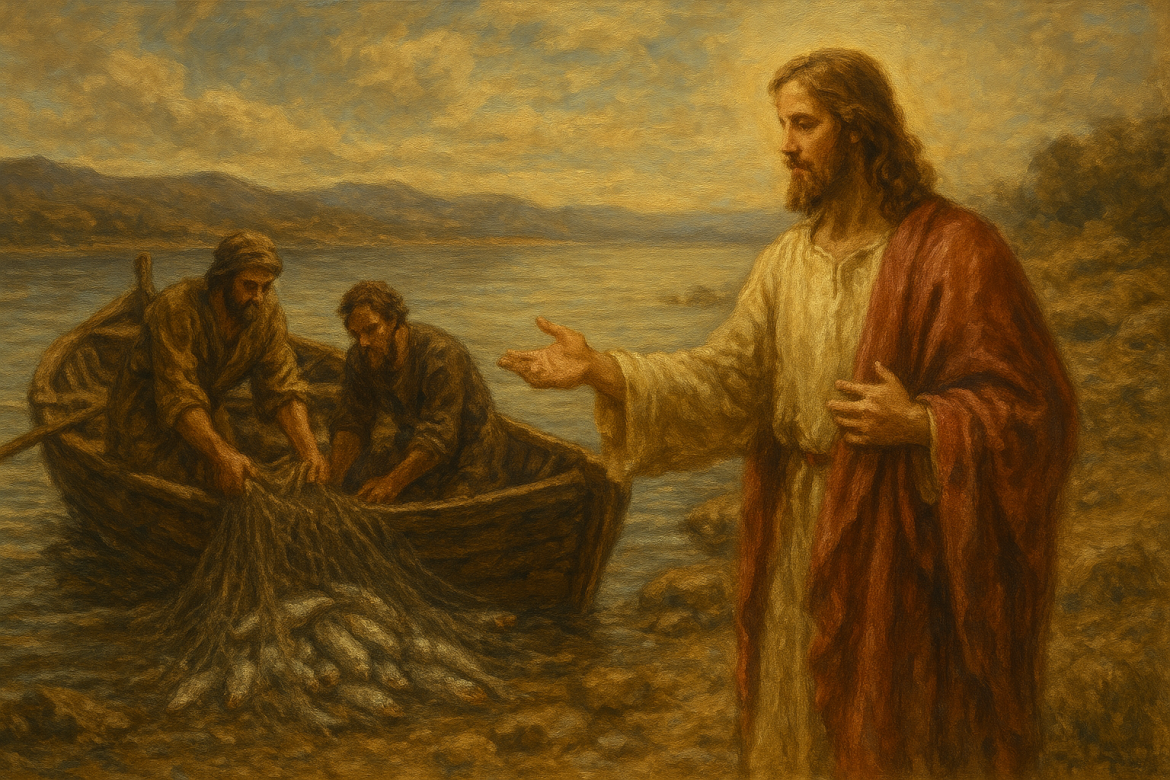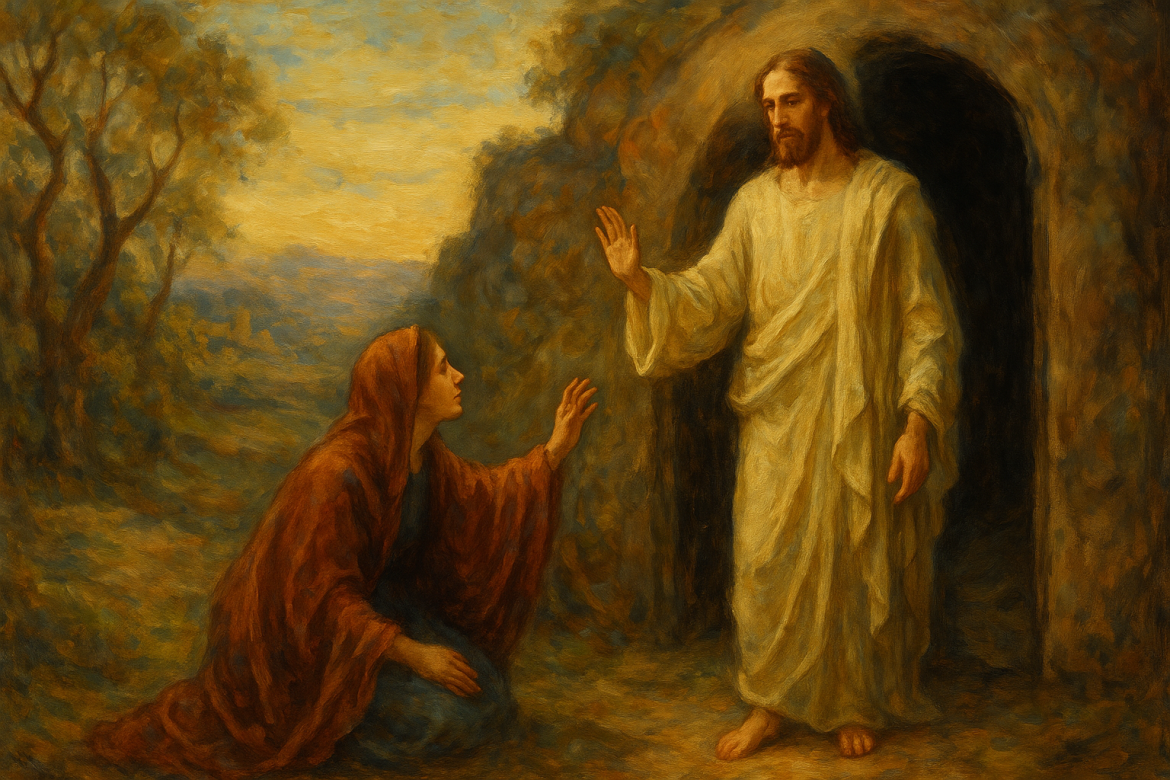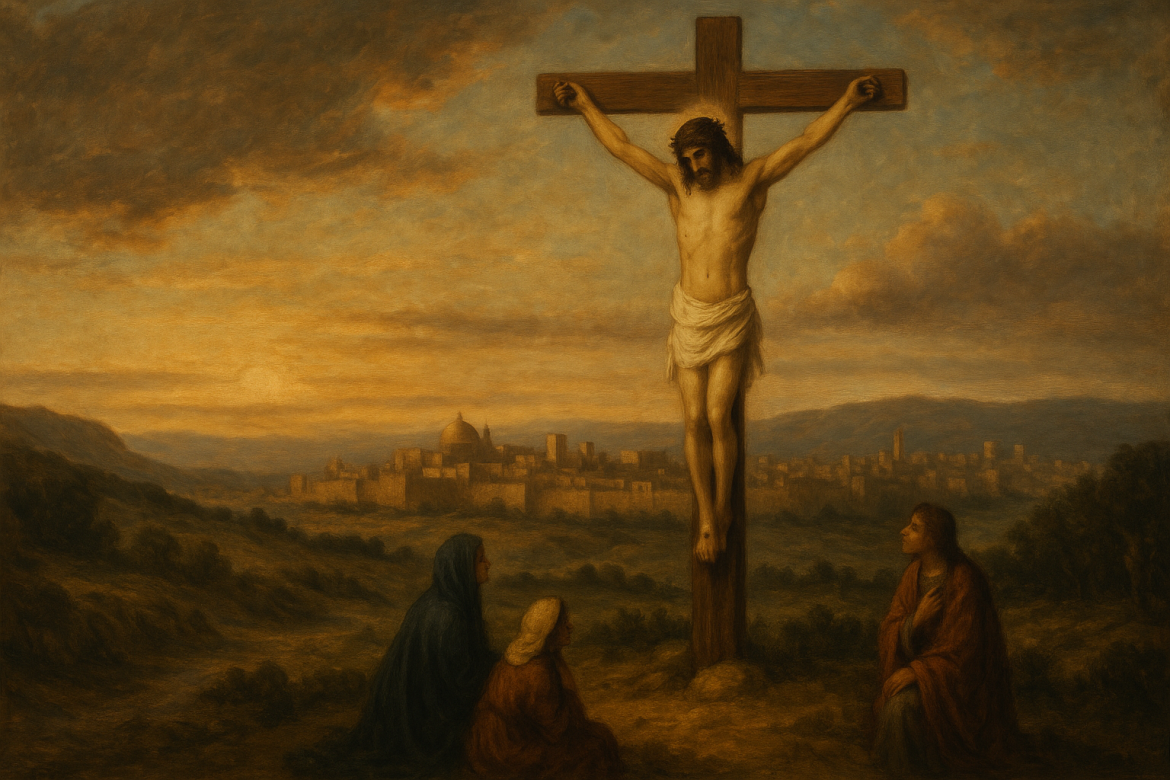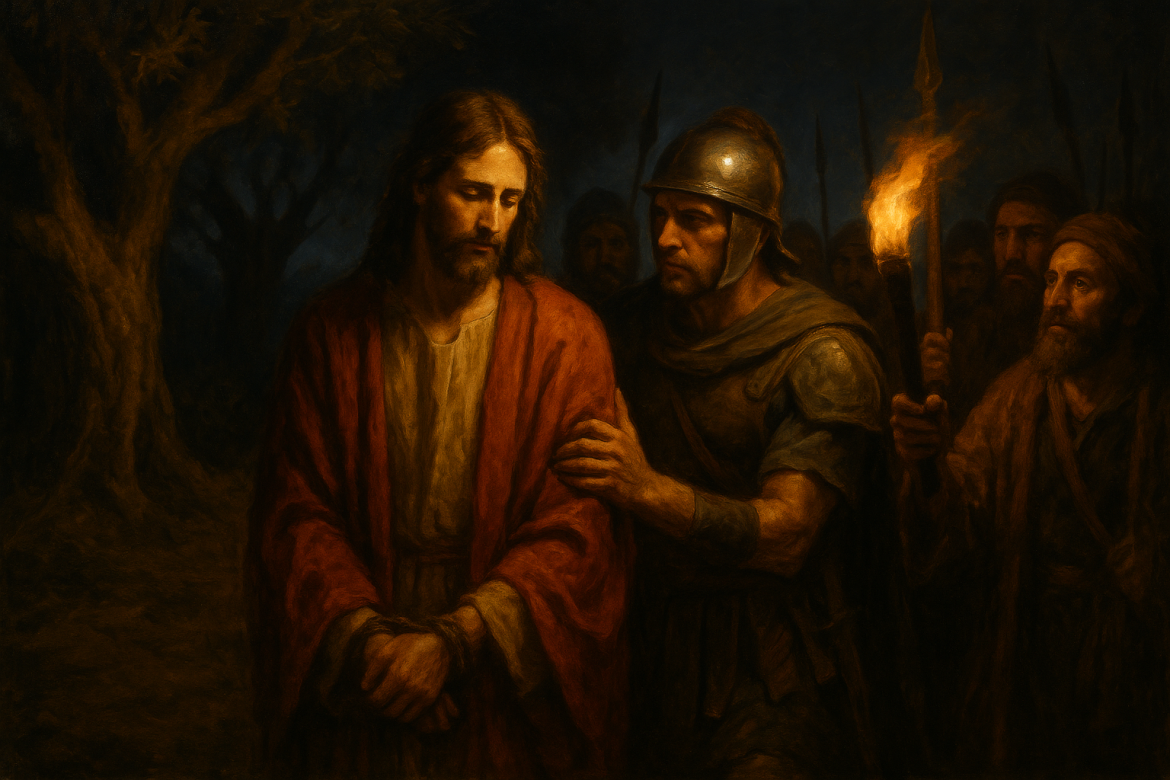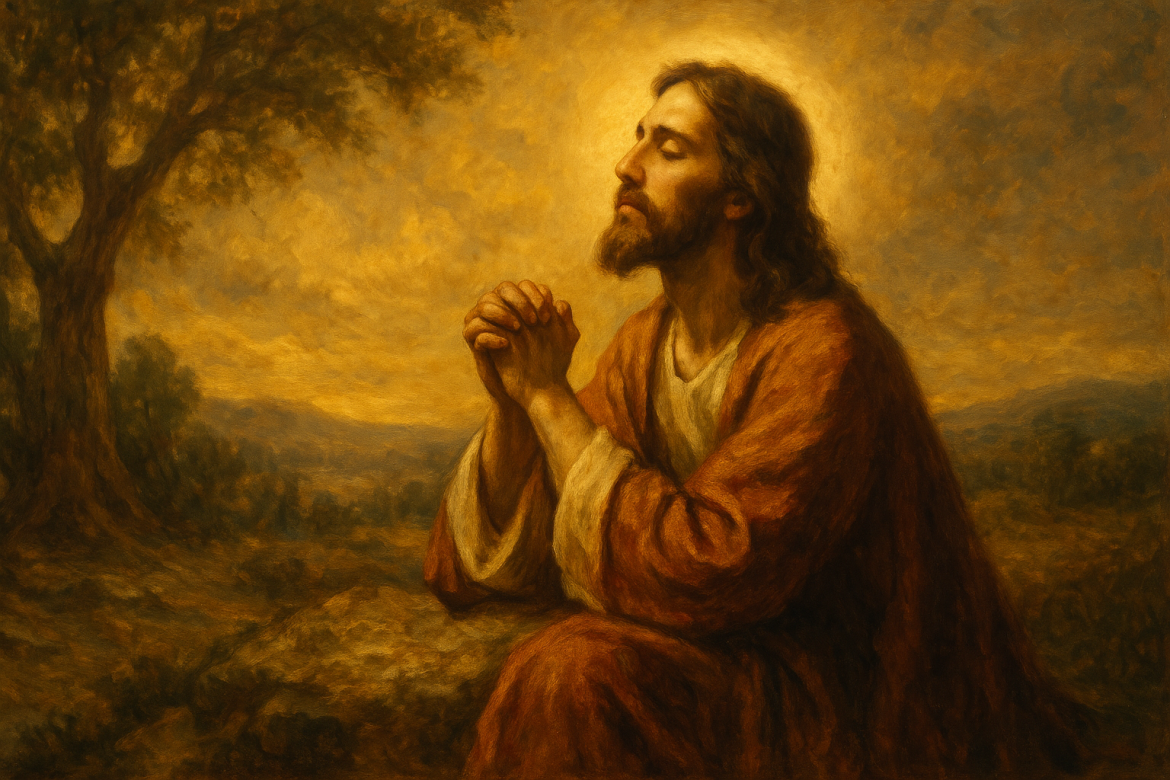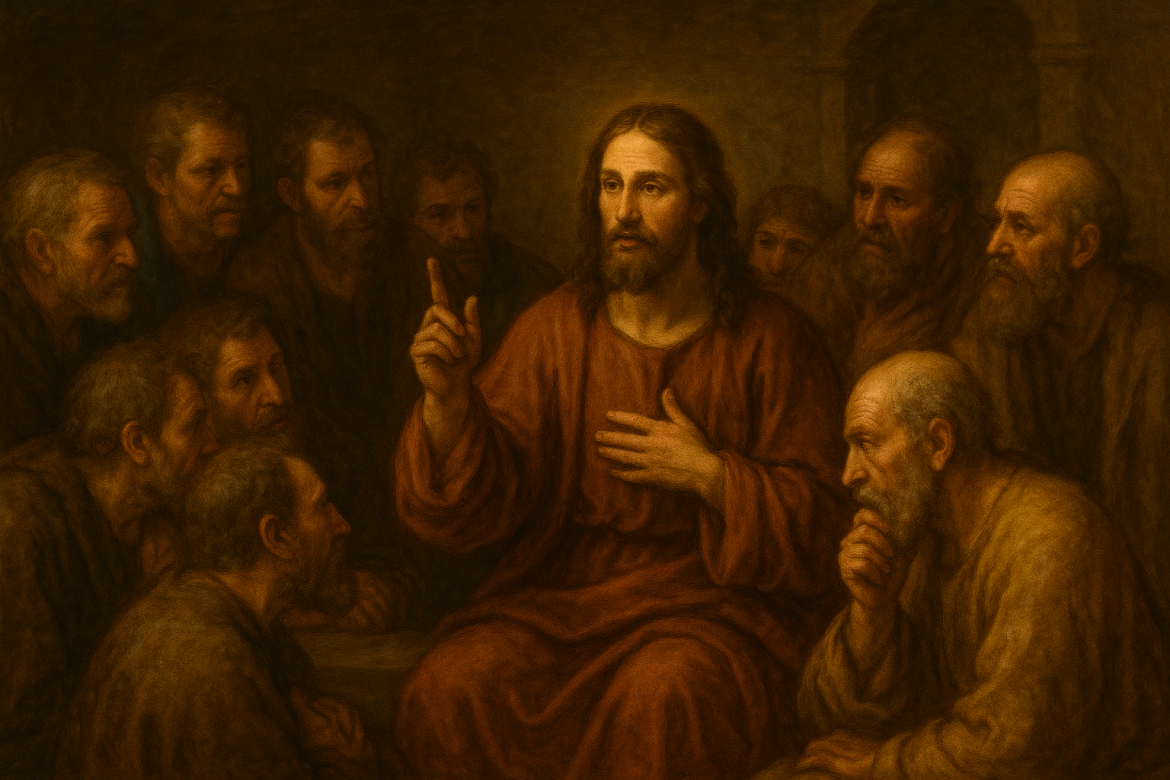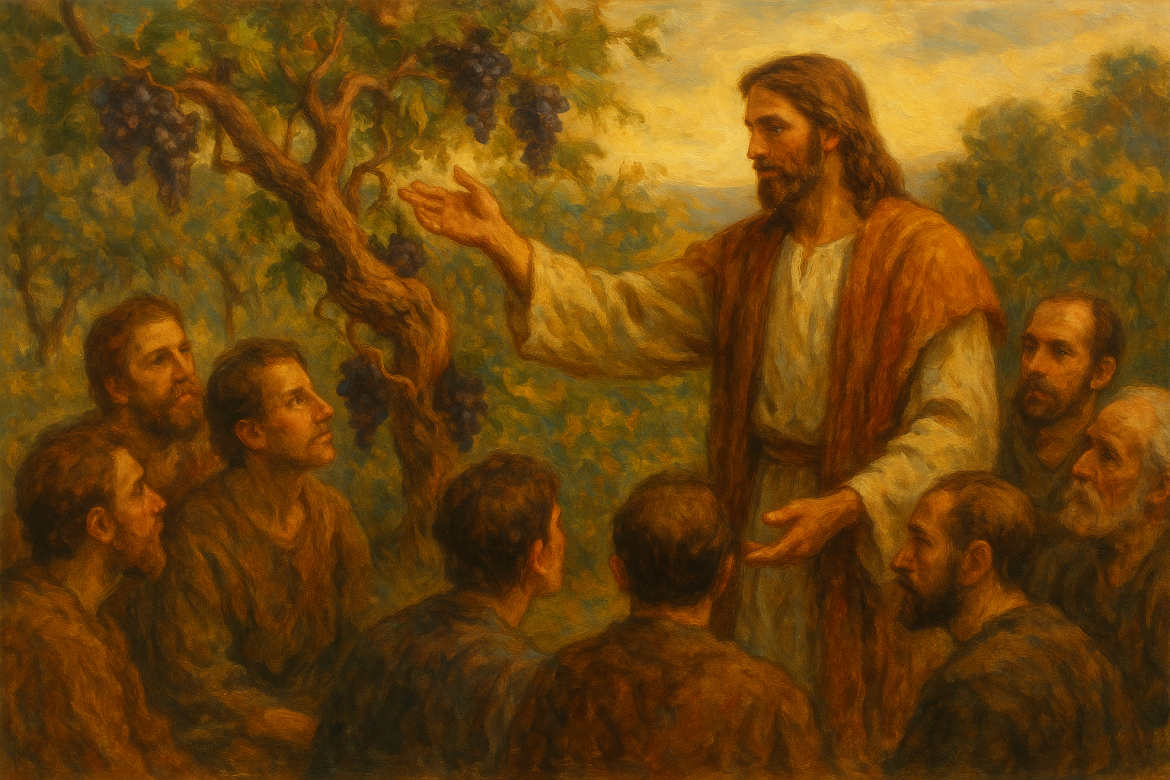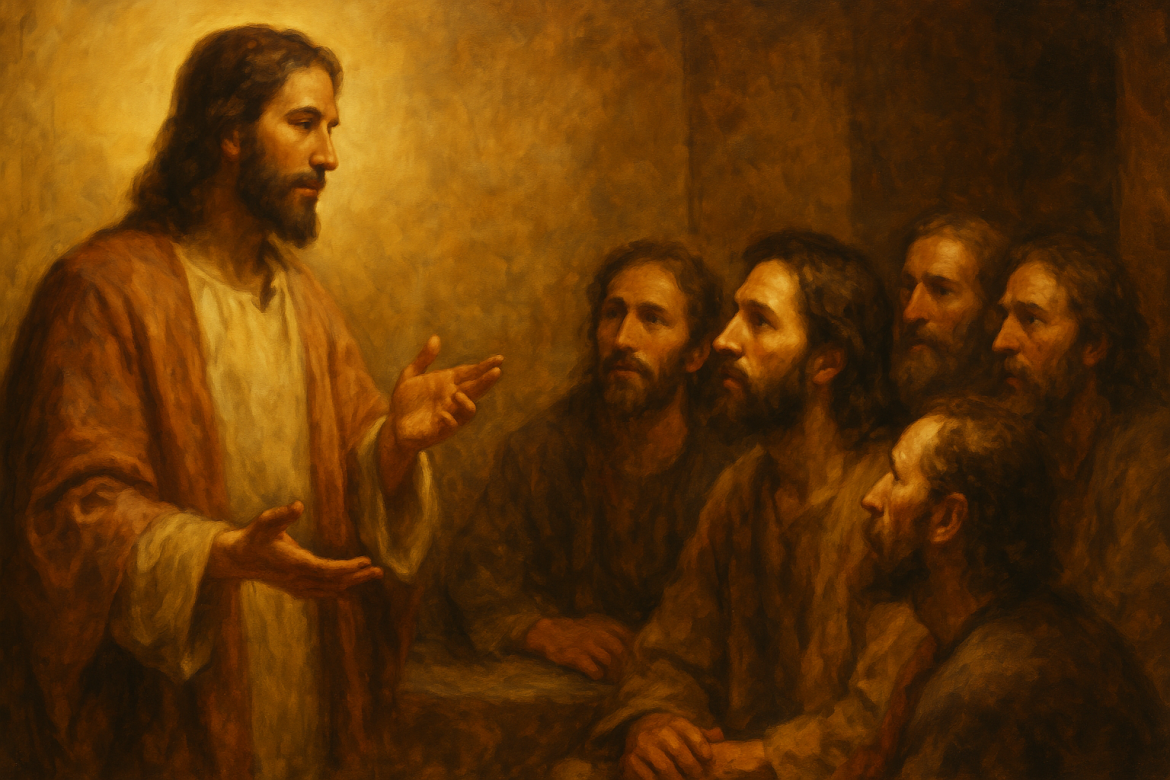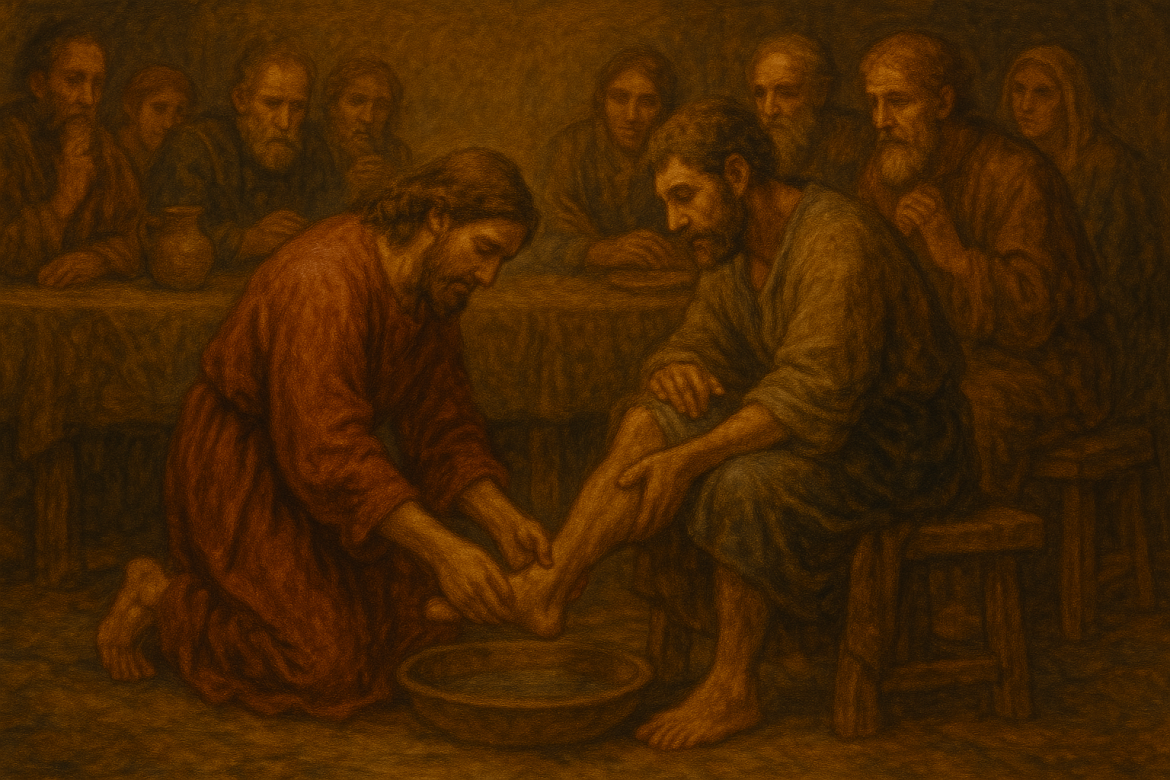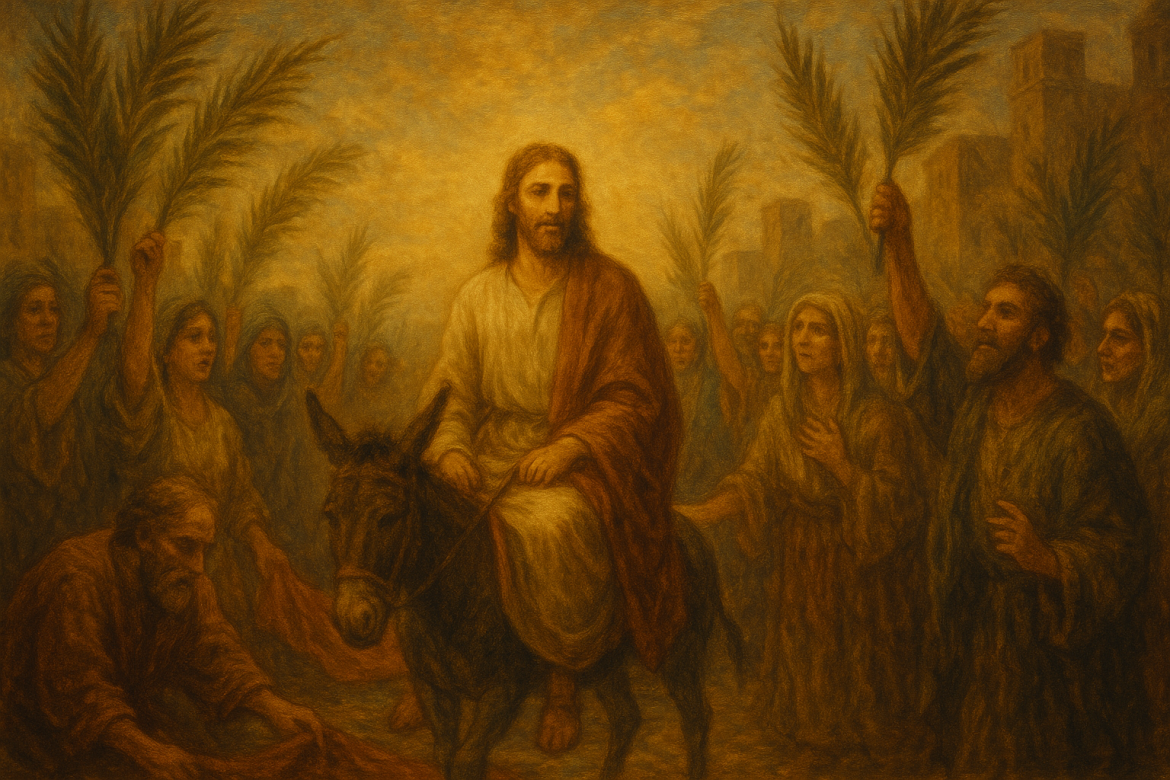In the final chapter of John, we witness a profound interaction between Jesus and Peter, encapsulating themes of love, forgiveness, and commitment. This episode not only highlights Peter’s journey but also provides timeless lessons for all believers.
A Familiar Setting and a Miraculous Catch
After His resurrection, Jesus appeared to His disciples by the Sea of Tiberias. This scene unfolds with Peter, Thomas, Nathanael, the sons of Zebedee, and two other disciples deciding to go fishing. Despite their expertise, they caught nothing all night. At dawn, a man from the shore, later revealed to be Jesus, advised them to cast their net on the right side of the boat, resulting in an astonishing catch of 153 fish. This miracle echoed a similar event when Peter first encountered Jesus, reinforcing the divine presence in their lives.
Breakfast with Jesus: An Act of Fellowship
Upon recognizing Jesus, Peter impulsively swam to shore, while the others followed with their haul. Jesus had prepared a charcoal fire with fish and bread, inviting them to a meal. This act of sharing a meal symbolized fellowship and a sense of community among them. It was Jesus’ third appearance to the disciples post-resurrection, underscoring the importance of this moment.
A Heart-to-Heart with Peter
The conversation between Jesus and Peter stands out for its emotional depth. Jesus asked Peter three times if he loved Him, using different Greek terms for love: “agape” (selfless, unconditional love) and “philio” (brotherly love). Each time, Peter affirmed his love, albeit with a different intensity. This triple affirmation mirrored Peter’s earlier threefold denial of Jesus, serving as a moment of redemption and reaffirmation of his commitment.
Lessons on Leadership and Sacrifice
Jesus instructed Peter to “feed my lambs” and “tend my sheep,” highlighting his role in leading and nurturing the early Christian community. Jesus also foretold Peter’s martyrdom, indicating the kind of sacrifice that would glorify God. This prophecy was a call for unwavering commitment and the ultimate expression of love and devotion.
The Individual Call to Follow
When Peter inquired about the fate of John, Jesus emphasized that each person’s journey and destiny are unique. He instructed Peter to focus on his own path, a reminder that our primary responsibility is to follow Jesus without being preoccupied with others’ destinies.
Reflection and Application
This passage challenges us to evaluate the depth of our love for Jesus. Are we prepared to offer agape love, or do we remain at the level of philio? It also reassures us that Jesus meets us where we are, understanding our limitations and encouraging our growth.
In essence, John 21 is a profound narrative about love, redemption, and the personal call to follow Jesus. It invites believers to deepen their commitment, embrace their unique journeys, and trust in Jesus’ guidance through life’s uncertainties.

